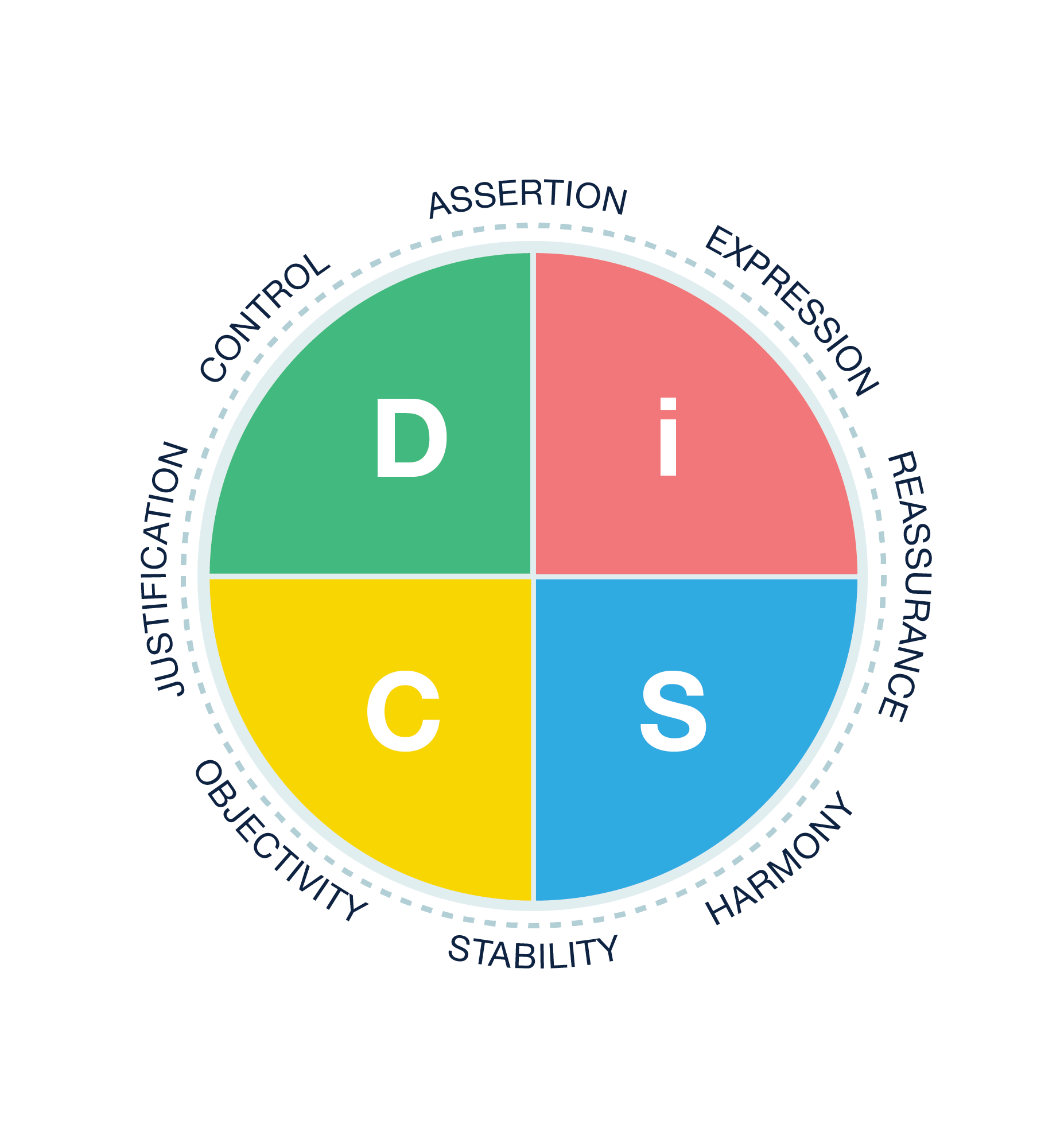Computerised adaptive testing (CAT) has been introduced to the DiSC assessments. Many people might not even notice, but this responsive testing technique means greater accuracy and an even more personalized profile.
DiSC testing: what is adaptive testing?
This form of testing adapts to the respondent and the statistical consistency of his answers with regards to the DiSC dimensions. In common language, we could say questions presented are adapted according to how previous questions were answered. During the assessment process, the respondent’s variance on each of the eight scales used in Everything DiSC profiles is calculated. If the variance on a particular scale is above a predetermined cut-off, the participant is presented with additional items for that scale.
In this way, the assessment can gain more certainty with regard to the respondent’s true score. This process mirrors those used in other adaptive testing assessments.
Let’s take an example: if you’re taking Everything DiSC Workplace and your answers are clearly showing a preference for steadiness, you might be asked fewer questions to confirm that preference. But if your answers regarding a preference for accuracy aren’t as consistent, you might be asked to answer more questions to discover nuances for that aspect of your personal preferences.
If you’re repeating this assessment, you might also notice that instead of responding to a list of adjectives you’ll be presented with phrases. On average, only 24% of respondents have received extra items on an individual scale.
Why would it make sense to adopt adaptive testing ?
Adaptive Testing brings more precision. Actually, there are three main reasons why Wiley, the publisher of DiSC, chose to introduce this new technology:
- Precision. The assessment asks more targeted questions, it is more accurate.
- Confidence. A respondent’s answers will endorse consistency scale by scale.
- Personalized feedback. With greater precision comes more specific feedback.
Wiley has found that adaptive testing showed
- 35 % improvement of reliability with people who respond inconsistently,
- 12 % increase in accuracy over the 79-item assessment (previous generation of Everything DiSC profiles),
- 32 % increase in accuracy over DiSC Classic.


